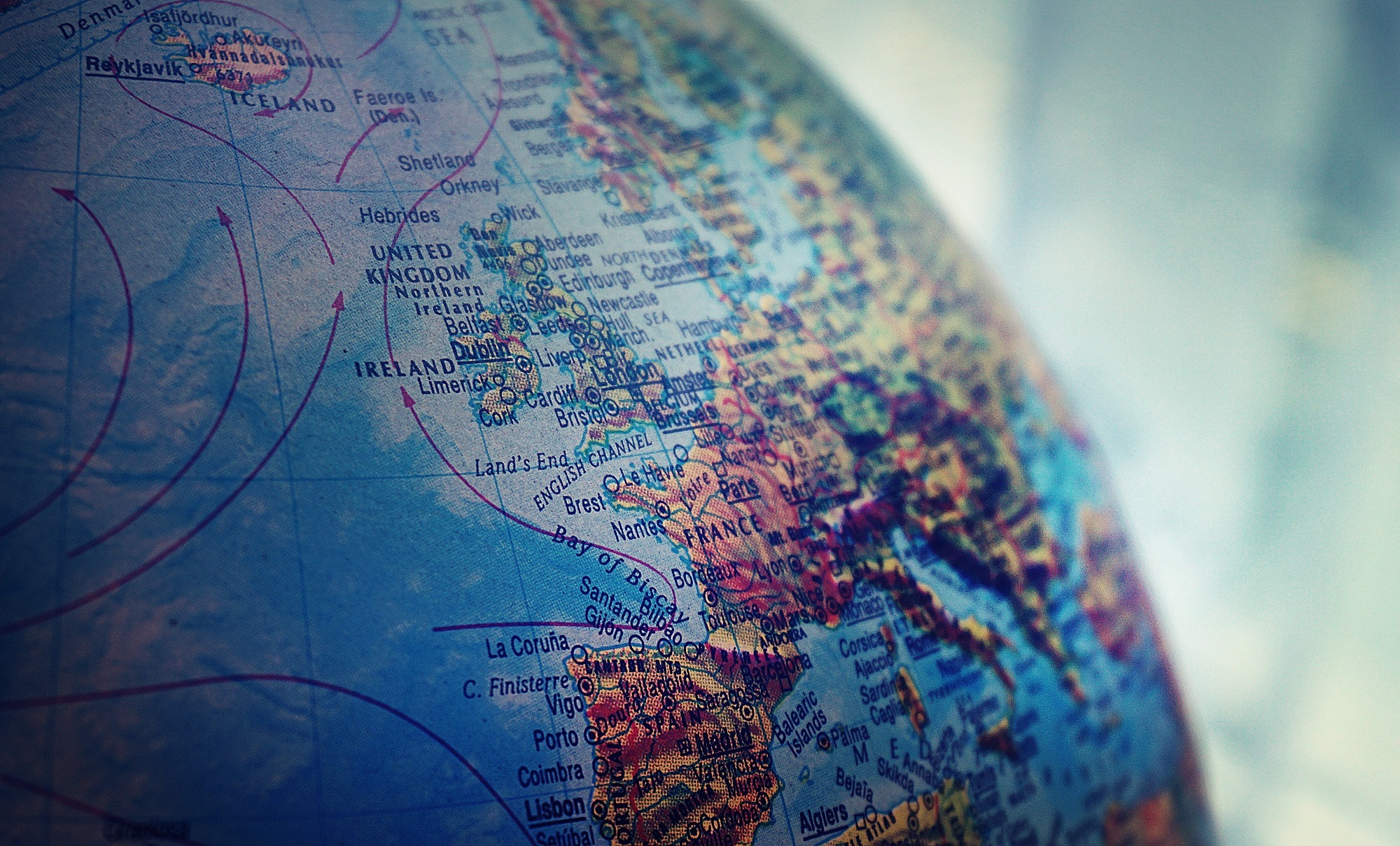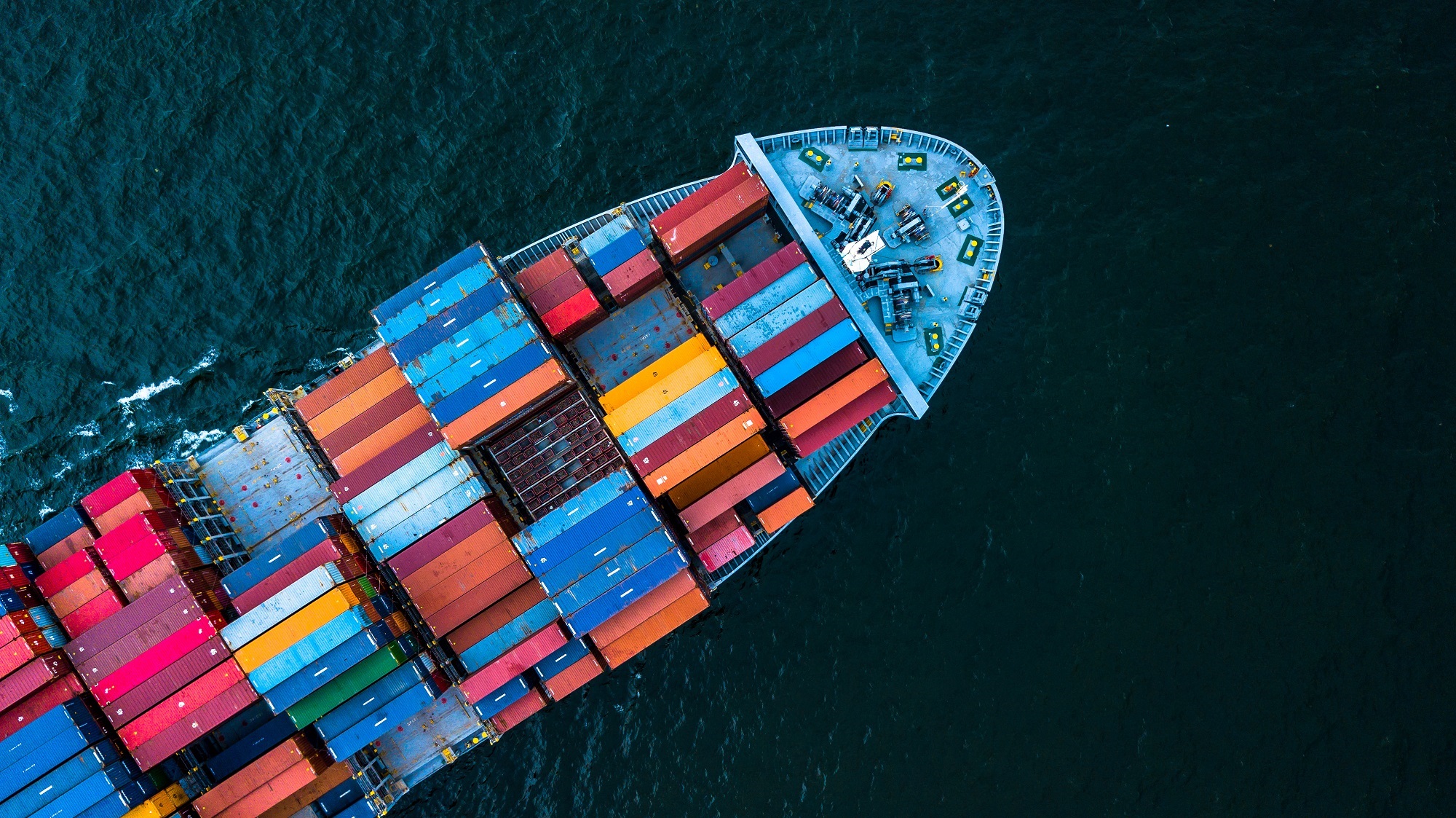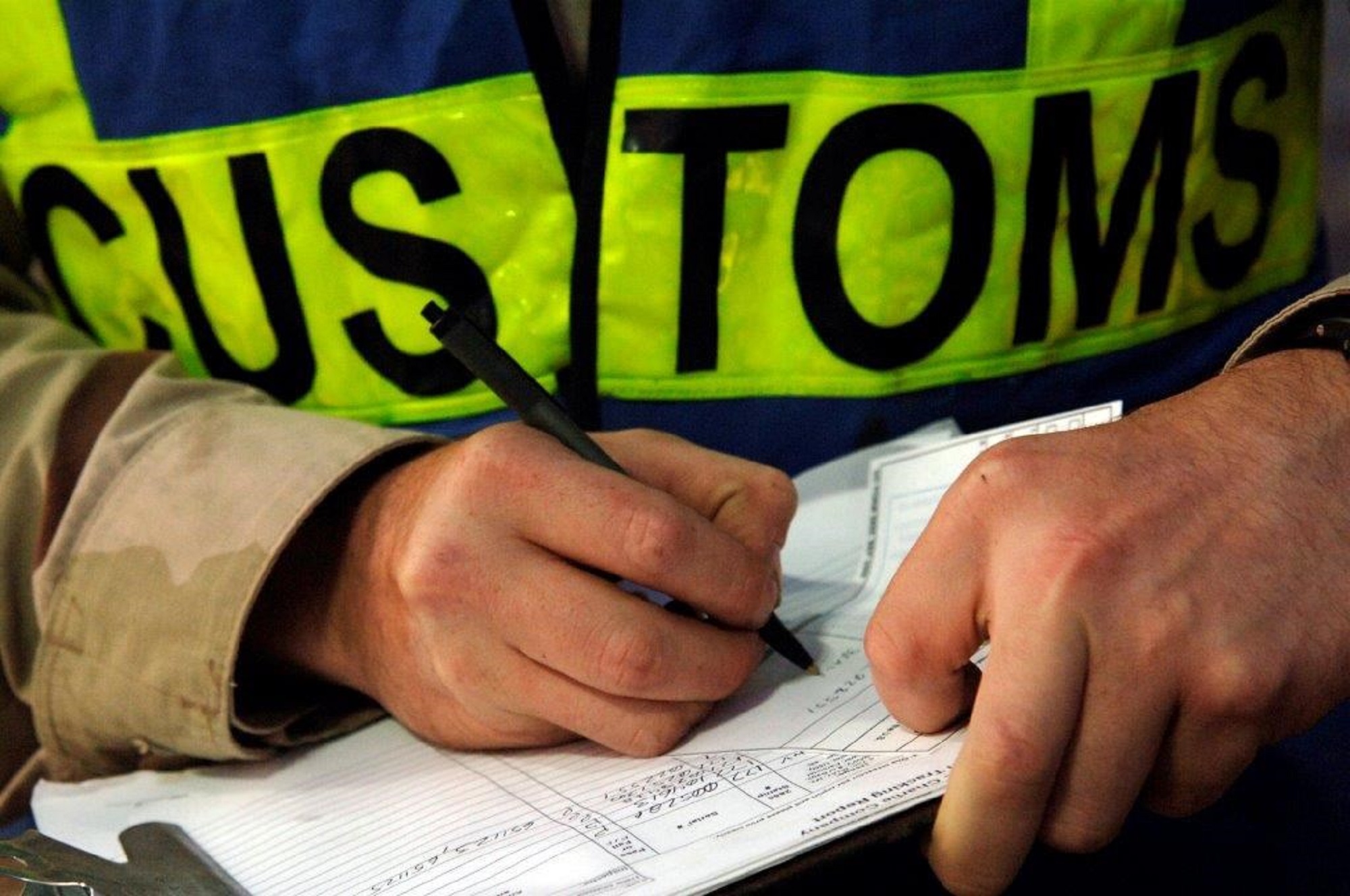Expanding your activities in the European Union (EU) or even entering the EU market, offers a great opportunity for businesses wishing to create a larger sales market. This can offer a chance for growth and increased profits. However, although this is a great opportunity for businesses outside of the EU and, after Brexit, for businesses from the United Kingdom (UK), businesses may be deterred by the obligations that arise from expanding activities in the EU. This is regrettable, as these obligations are often less extensive than they may sometimes seem.
Simply selling goods to customers that are based in the EU will generally only lead to VAT obligations. From a VAT perspective, it is neither required nor strictly necessary to set up a separate legal entity for the purpose of the EU activities. By not making use of a separate legal entity, the obligations can be limited to customs and VAT-reporting obligations, which reduces the costs considerably. In many cases, with the right set-up, these obligations may be limited to one member state. This means that you can enter the EU market relatively easily.
How does this work? Let us provide the following example.
How do you enter the EU market in a simple manner?
Within the EU, the principle of free movement of goods applies. This means that within the EU, goods can be ‘moved’ freely between member states, without any interference from Customs. It is therefore possible to stock goods, that are intended for sale in the EU, in one member state and to ship those goods from that member state to customers in other member states.
Goods from outside of the EU can, for example, be imported into the Netherlands and, after import, be stocked by a third party that specialises in storage and shipping of goods. When customers place an order, the goods can be packed and shipped to your customers in the Netherlands, other EU countries, and non-EU countries.
The obligations arising in the situation described above, are of little significance compared to the activities, and in principle only pertain to customs and VAT.
EORI number
Upon importing the goods into the Netherlands, you will need to file a Customs declaration. In order to do this, you will need a customs agent and an EORI number. This number can be requested from the Dutch Customs office in a relatively quick and easy way. Additionally, you will need to register with the Dutch tax authorities for VAT purposes. Furthermore, you must fulfil your VAT reporting obligations in the Netherlands, with regard to the sales you have performed to your customers.
By engaging the right two parties for support (a customs agent and a tax advisor), all your EU obligations can be taken care of correctly, offering you peace of mind. In this way, you can increase your market and expand your business, with relatively little effort.
The Netherlands is particularly well-suited as a location to stock goods in the EU. The Netherlands has excellent accessibility by means of the port of Rotterdam (the largest port in Europe) and Schiphol airport. Historically, the Netherlands has always been a trading nation. This is characterised by a strong infrastructure and good logistics partners. This allows the fast transport of goods from A to B. Trade and efficiency go hand in hand, which is why all Dutch elements involved in the activities are focussed on making the process run as smoothly as possible. Finally, the Dutch government aims to encourage entrepreneurship and to support businesses. This means you will not be faced with lengthy bureaucratic processes.
Contact
Would you like to know more? Please feel free to contact us.
This content was published more than six months ago. Because legislation and regulation is constantly evolving, we recommend that you contact your Baker Tilly consultant to find out whether this information is still current and has consequences (or offers opportunities) for your situation. Your consultant will be happy to discuss the latest state of affairs with you.





